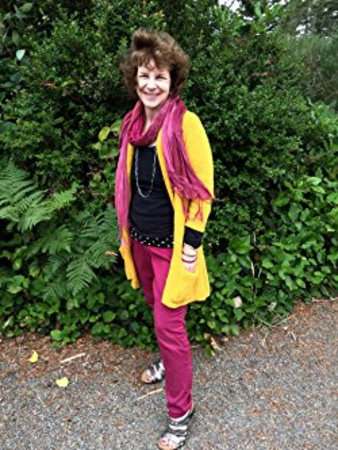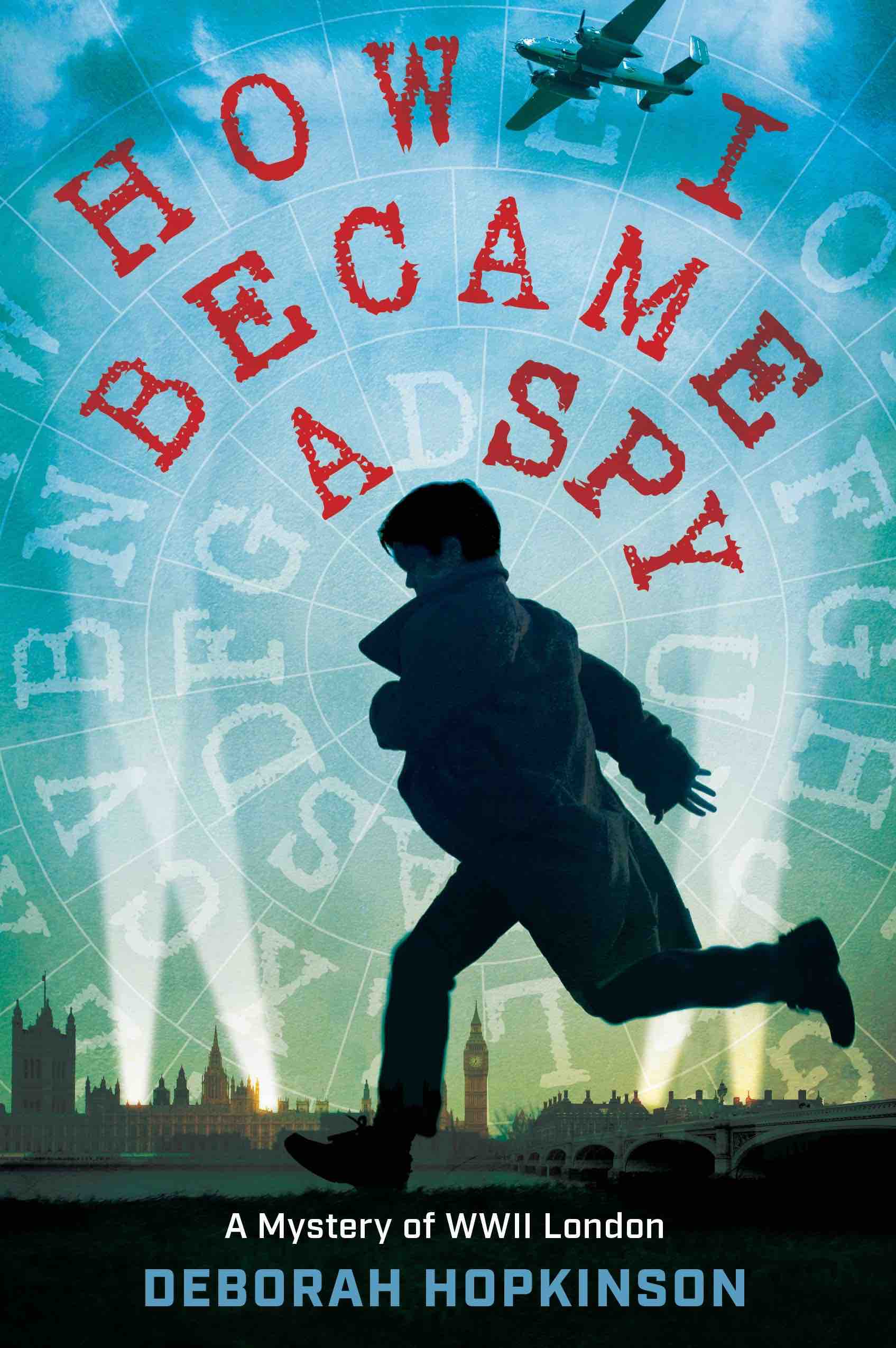 Deborah Hopkinson is the author of more than 50 books for young people. The following is the complete transcript of her interview with Cracking the Cover for her latest middle-grade novel, How I Became a Spy.
Deborah Hopkinson is the author of more than 50 books for young people. The following is the complete transcript of her interview with Cracking the Cover for her latest middle-grade novel, How I Became a Spy.
Why do you write?
I love when students ask me this at author visits. I think one main reason I write is to learn. Whenever we write about something, it prompts us to pay close attention to what we’re reading.
Also, often when I come across an extraordinary person or story from history that I’ve never heard about before, I feel compelled to share it with others. I often think, “Why didn’t I ever know this?” And then, “I think other readers should hear this story too!”
Why specifically for young readers?
I started out writing stories for my toddler daughter – and I just kept going. I suppose there’s another reason too. I began writing picture books because they were short. It seemed doable for a parent who also had a full-time job. (For most of my writing career, I also pursued a career in fundraising, writing grants for colleges and universities. I’ve only been writing full-time since 2014.)
So it made sense to start with picture books. Now I write books of 500 words, and some with more than 300 pages!
Where did the idea for How I Became a Spy come from?
I’ve written three longer nonfiction books about World War II, including D-DAY: THE WORLD WAR II INVASION THAT CHANGED HISTORY (Scholastic Focus 2018). When I was brainstorming ideas for my next historical fiction project, I thought it would be fun to use some of what I learned in my research about secret agents in a fictional setting.
While the book is told from Bertie’s point of view, it wouldn’t be the same without his “supporting” characters. Were they all there from the beginning?
Great question! Eleanor was always there. But David’s role grew, in part because I had begun researching the Kindertransport for my forthcoming nonfiction title, REFUGEES AND SURVIVORS: ESCAPING THE NAZIS ON THE KINDERTRANSPORT (Scholastic Focus, Spring 2020). I also added Warden Ita after finding the fascinating and moving memoir of a Nigerian-born air raid warden in the Blitz.
And while my dog Rue became Little Roo from the outset, the importance of my dog Brooklyn, who appears in the story as Hero, definitely grew as I kept revising the story.
 What was the most surprising thing you learned while researching?
What was the most surprising thing you learned while researching?
In SPY, Violette is an agent with the Special Operations Executive (SOE). I first learned about the SOE while writing a nonfiction book about the Danish resistance and the rescue of the Danish Jews (COURAGE & DEFIANCE). But what surprised me as I continued to research was the role of young women as secret agents in World War II.
I read several memoirs that inspired the character of Violette in the story. Tragically, a number of female SOE agents gave their lives for the Allied cause.
Why do you think How I Became a Spy will resonate with young readers?
Fingers crossed that young readers WILL like it! I tell students that I love to put dogs into my books (and to read books with dogs in them), and I hope they’ll enjoy Little Roo. I think readers also are fascinated by ciphers, spies, mysteries, and Sherlock Holmes (I am!) and so I hope they like those aspects of the story. I like to include aspects of STEM and STEAM in my work whenever I can.
The majority of your books fall into the historical genre. Why is that?
I grew up in Lowell, Massachusetts, the home of the industrial revolution in the United States. I don’t think I realized it when I was growing up, but being surrounded by history as a child definitely informed my love of history.
Also, when writing about history I am ALWAYS learning something new. And that, quite simply, makes me happy.
You’re the author of more than 50 books. Looking back, how has your writing evolved over the years.
As I mentioned, I held a full-time job for many years. Over the past five years, since focusing on writing and school visits full time, I’ve been able to tackle projects that require more research.
Still, I’d have to say writing itself is as daunting and challenging a task as it was when I began. It never gets easier (at least for me) and oddly, that’s one of the things I like best about being a writer.
Is there a book from your own youth that still resonates with you today?
I think I will always love THE SECRET GARDEN. And, interestingly, I’ve been mentioning it frequently in my author visits because, as readers might recall, Mary’s parents died during a cholera epidemic in India.
And since my middle grade novel, THE GREAT TROUBLE, tells the story of the 1854 London cholera epidemic, I always ask students if they’ve read THE SECRET GARDEN. It’s a good way to introduce the topic. And, yes, students are still reading it!
